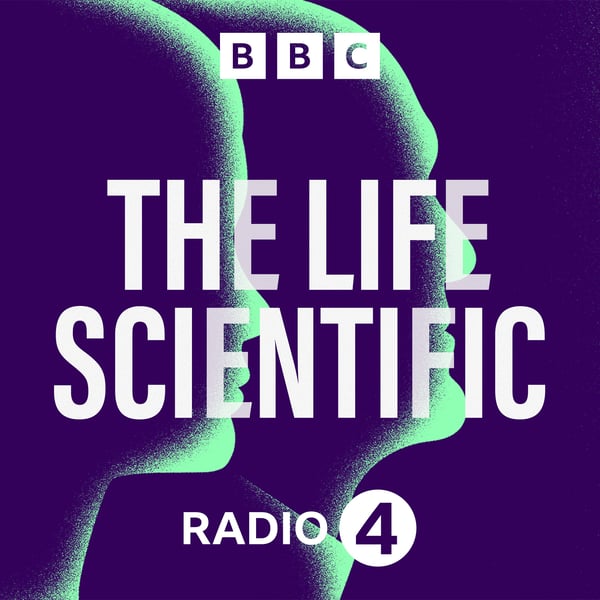Ann Clarke on The Frozen Ark
The Life Scientific
BBC
4.6 • 1.4K Ratings
🗓️ 2 May 2017
⏱️ 29 minutes
🧾️ Download transcript
Summary
Transcript
Click on a timestamp to play from that location
| 0:00.0 | You're about to listen to a BBC podcast and I'd like to tell you a bit about the |
| 0:03.8 | podcast I work on. I'm Dan Clark and I commissioned factual podcasts at the BBC. |
| 0:08.6 | It's a massive area but I'd sum it up as stories to help us make sense of the forces shaping the world. |
| 0:15.3 | What podcasting does is give us the space and the time to take brilliant BBC journalism |
| 0:19.8 | and tell amazing compelling stories that really get behind the headlines. |
| 0:23.7 | And what I get really excited about is when we find a way of drawing you into a subject |
| 0:28.4 | you might not even have thought you were interested in. |
| 0:30.2 | Whether it's investigations, science, tech, politics, culture, true crime, the environment, |
| 0:36.1 | you can always discover more with a podcast on BBC Sounds. |
| 0:40.0 | Hello and |
| 0:43.4 | Welcome to the podcast of the Life Scientific first broadcast on BBC Radio 4. I'm Jim Alleili and my mission is to interview the most fascinating and important scientists alive today and to find out what makes them tick. |
| 0:55.0 | We don't know exactly how many animals there are on planet Earth, |
| 0:59.0 | but we do know that a significant fraction of the world's fauna is under threat, much of it due to that |
| 1:05.3 | most invasive of species Homo sapiens. |
| 1:08.6 | In fact, it's widely accepted that we're in the midst of the sixth great extinction, the fifth being the one during |
| 1:14.0 | which the dinosaurs famously disappeared 65 million years ago, but this time |
| 1:18.4 | species are disappearing a hundred times faster than would normally be expected. It's a catastrophic loss of animals |
| 1:25.9 | that many say could pose a real threat to human existence. Well, so far so depressing, but my guest today, Will I know, provides some cheer. |
| 1:36.0 | She's played a key role in the creation of the ultimate animal backup, |
| 1:40.0 | a modern day Noah's Ark, which aims to preserve the genetic resources of the world's most endangered species. |
| 1:46.2 | An immunologist, Dr Anne Clark, is the last remaining founder member of the Frozen Ark Project project and welcome to the life scientific. |
| 1:55.0 | Thank you. |
... |
Transcript will be available on the free plan in -2892 days. Upgrade to see the full transcript now.
Disclaimer: The podcast and artwork embedded on this page are from BBC, and are the property of its owner and not affiliated with or endorsed by Tapesearch.
Generated transcripts are the property of BBC and are distributed freely under the Fair Use doctrine. Transcripts generated by Tapesearch are not guaranteed to be accurate.
Copyright © Tapesearch 2025.

